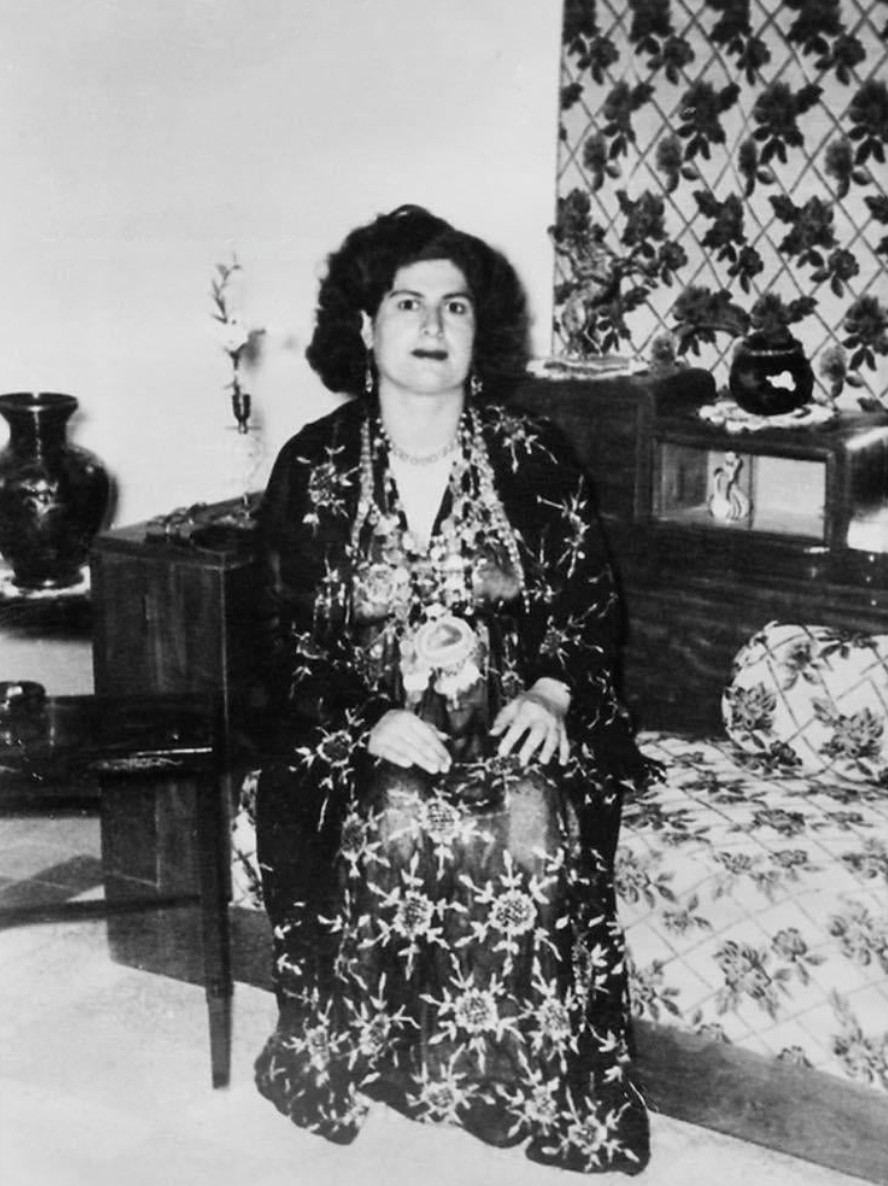Stafford Clarry, a Hawaii-born former UN official and long-time friend of the Kurds, passed away on May 23.
Clarry first came to Kurdistan in 1991 during the UN’s oil-for-food program, serving in the region until 1999. He later settled there permanently, advising the Kurdistan Regional Government (KRG) from 2000 onward.
Over a career spanning five decades, he worked on humanitarian programs in South Asia, East Africa, and the Middle East. A graduate of Harvard University’s Kennedy School of Government, he earned a master’s degree in public administration.
“I first met him in Duhok in 1992, when he was working for the UN,” KRG Department of Foreign Relations Head Safeen Dizayee told Kurdistan Chronicle. “He was active, vibrant, and professional, doing his best to help in those difficult years. After his time with the oil-for-food program, he served as a consultant to the KRG.”
Dizayee remembered Clarry’s deep familiarity with Kurdistan’s terrain: “I've known him for 33 years. He was approachable, friendly, and knew Kurdistan, particularly the rural areas, inch by inch. He often led us on field visits to mountains, caves, ravines, and valleys we’d never seen before. So, he knew the area and the people. He knew every access route to the mountaintops.”
David Romano, Thomas G. Strong Professor of Middle East Politics at Missouri State University, told Kurdistan Chronicle that he was sad to hear that Clarry had passed away.
“Every time I was in the Kurdistan Region of Iraq, I seemed to bump into him. He’d give me a ride somewhere in his SUV, and we’d talk about his two great loves – Kurdistan and Hawaii, living half the year in each place. He once took me all through the mountains to see some of his favorite places.”
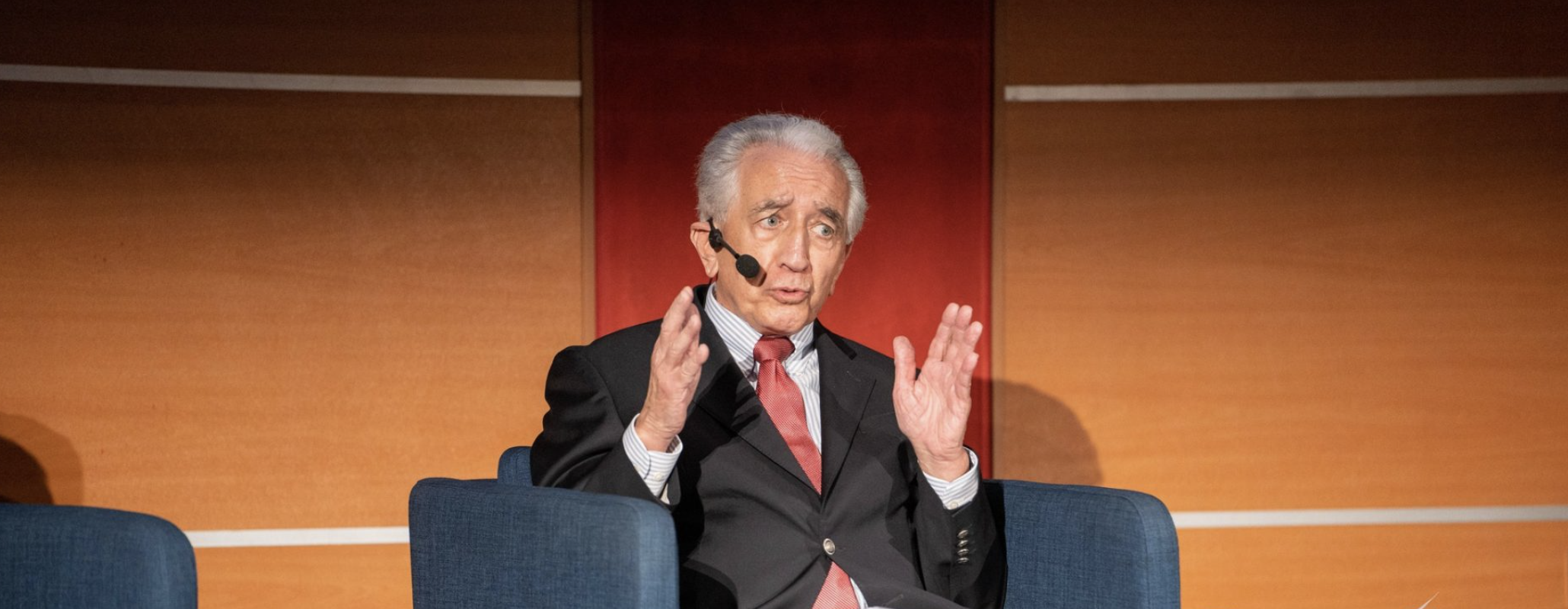
Well remembered
Several senior Kurdish officials knew Clarry, and expressed their condolences on social media.
“It was with sadness that I learned of the death of Mr. Stafford Clarry, a great friend of Kurdistan,” Kurdistan Region President Nechirvan Barzani posted on X. “I extend my deepest condolences to his family, and friends in the United States and Kurdistan. Mr. Clarry’s legacy will live on through the many lives he touched in the Kurdistan Region, and beyond.”
“Deeply saddened by the passing away of a dear and loyal friend of the people of Kurdistan since 1991,” Senior Kurdistan Democratic Party official and former Iraqi Minister of Foreign Affairs Hoshyar Zebari also wrote on X. “As an international UN staff in Iraqi Kurdistan, he worked wholeheartedly and with passion to help and support the Kurds for survival and development.”
Michael Knights, Senior Fellow at The Washington Institute, recalled first hearing Clarry in the 1990s, speaking in London about “the plight of the Iraqi Kurds and the promise of their new regional government.
“He and Hoshyar Zebari were briefing side by side. After that, Clarry was generous in giving his time to me, a young analyst, and that helped shape a next-generation supporter of Kurdish self-determination. He was a great friend to the Kurdistan Region and a skilled advocate on the world stage,” Knights said.
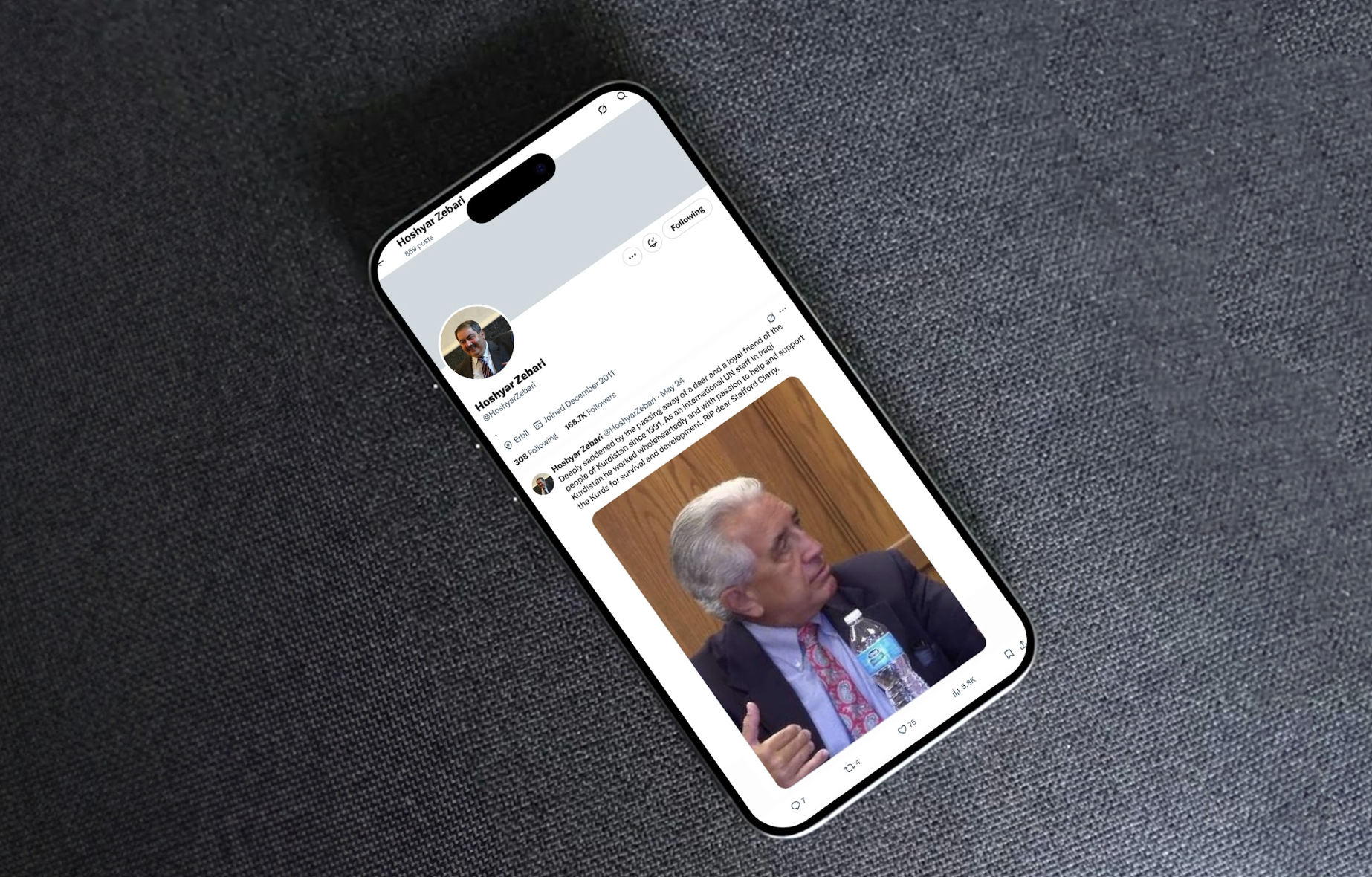
A lifelong connection
In a testimony to the U.S. Senate in 2005, Clarry described arriving in 1991 after service with the U.S. Peace Corps and three UN agencies in Iraq beginning with UNHCR, the UN refugee agency, at the time of the 1991 Kurdish refugee crisis.
As an UN liaison officer at Turkey’s Incirlik Air Base, he helped coordinate Operation Provide Comfort, which oversaw the return of hundreds of thousands of Kurdish refugees from Turkey and Iran. After a year in Baghdad, he accepted an assignment with the UN in the Kurdistan Region until the 1998 U.S.-UK bombing of Iraq, when Saddam Hussein’s regime would neither issue nor extend visas to American or British UN staff members.
Though he was forced to leave the UN mission after Hussein terminated the service, Clarry’s ties to Kurdistan remained. He continued to work with the oil-for-food program as a KRG advisor, assisting in relations with the UN from 1996 to 2003.
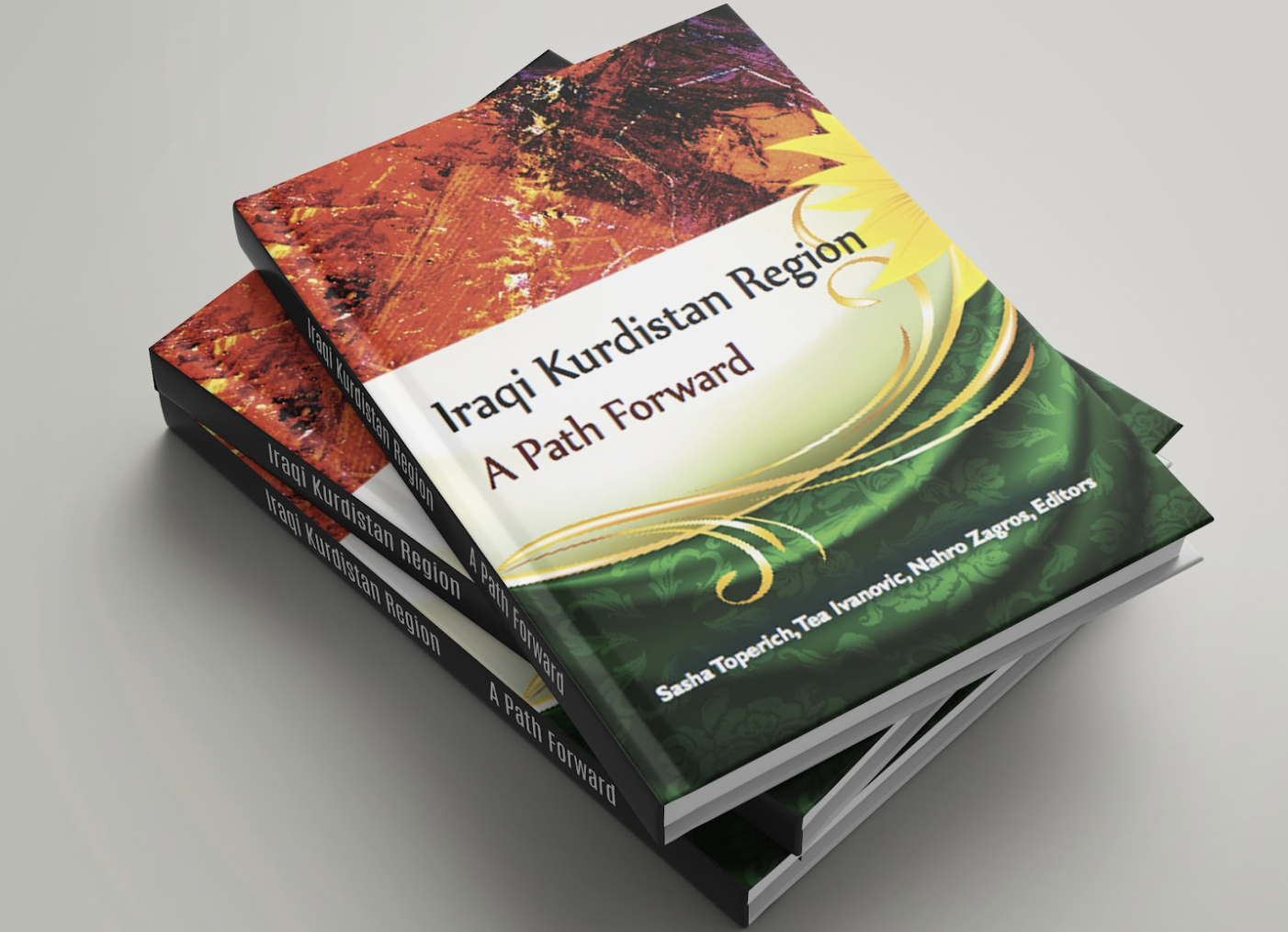
According to his brother Brad, Clarry maintained a home in Hilo, Hawaii, but spent most of his time in Kurdistan. “He has lived in Iraq longer than any other American, in or out of the military.”
The 2017 book, Iraqi Kurdistan Region: A Path Forward, features a chapter by Clarry, where he described Kurdistan as “a researcher’s paradise”.
“In Iraqi Kurdistan, its openness and accessibility, the unhesitating friendly and hospitable nature of its people, its rapidly developing academic institutions, and the accelerated modernization of its infrastructure, including its airports, roads, and telecommunications, are all factors that support the exploring, examining, and interpreting of Kurdistan’s story,” he wrote.
Gary Kent, former secretary of the UK Parliament’s All-Party Parliamentary Group on the Kurdistan Region, wrote on X about his lifelong connection to Kurdistan. “I often saw him in his second home of Iraqi Kurdistan, which he knew and loved so well, where he was a tower of moral strength and wisdom who knew Kurdistan in greater granular detail than most.
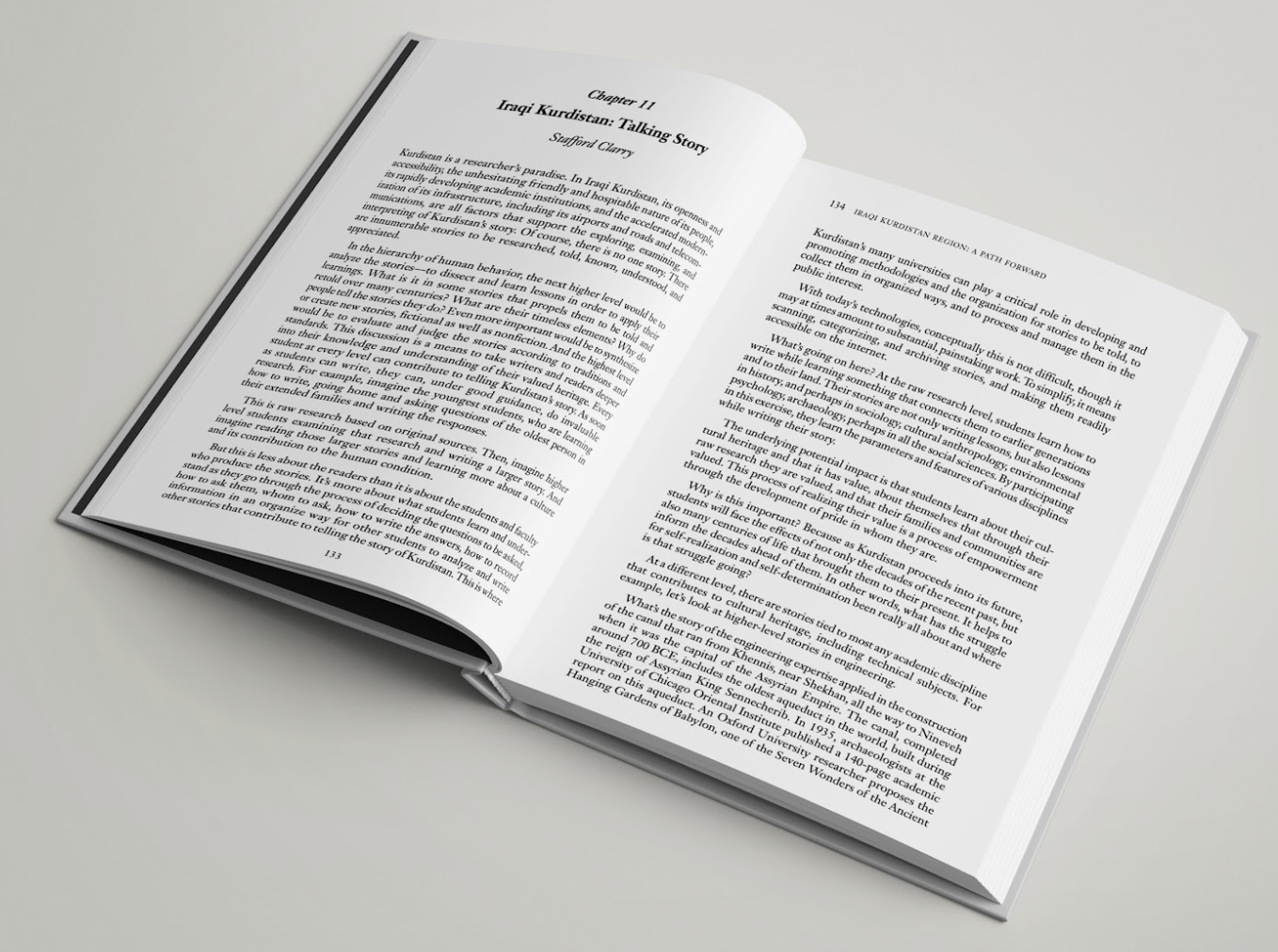
“Clarry was a dear friend who I met regularly over many years and benefited from his regular messages to his network on current events. His experience spanned the whole existence of the Kurdistan Region of Iraq (KRI) since the 1991 uprising. This long, deep, and detailed engagement made him a wise and calm voice of reason who knew the KRI like the back of his hand,” Kent told Kurdistan Chronicle.
Clarry also served as the first director of the Erbil International Airport, when it was inaugurated in 2010. He praised the airport in May 2010 to the Institute for War and Peace Reporting for offering such tight security and affordable fuel.
“Those he took on tours around the region’s historic sites were lucky. He was very generous with his time. He was also a superb Director of the Erbil International Airport. He showed MPs around it as it was being constructed and that’s when the all-party parliamentary group thought of the idea of asking the Top Gear program to visit one of the longest runways in the world. The program was viewed by millions and did so much to put the KRI on the map,” Kent added.
“Clarry’s experience and passion were great assets for the outreach work that is needed to help people understand the KRI. Few foreigners came close to his detailed and human-centered perspective on the region,” Kent said. “Clarry will be sorely missed by all leaders and friends of the KRI and should be remembered and honored for the great labor of love he carried out for Iraqi Kurds.”
Wladimir van Wilgenburg is a seasoned reporter and analyst who specializes in Kurdish affairs, and holds a Master’s degree in Kurdish studies from Exeter University, UK
